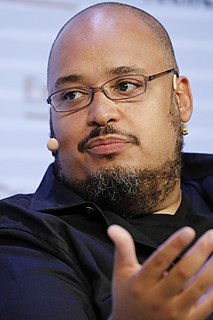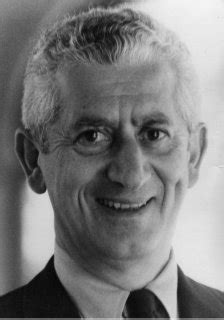A Quote by Peter Thiel
Most people are average. Founders are not. Founders' traits seem to have an inverse normal distribution to them.
Related Quotes
Ronald Reagan [ cite the founders] on behalf of emphasizing the faith of our founders, of limited government, of the uniqueness and exceptionalism of America, of a nation with a people facing another historic challenge beyond the American Revolution, and in contrasting the system of the United States with the system of the USSR.
I felt that we could hardly improve on the conception of the university expressed by one of the founders of the modern system, Wilhelm von Humboldt, also one of the founders of classical liberalism. That seems to me true today as well, though ideals of course have to be adapted to changing circumstances.
Many of these failures can be laid at the feet of the awful state of American higher education, and especially the way in which our secular universities have divorced their instruction from timeless truths like faith and freedom. Many of the professors at these places plainly don't respect the founders and, in particular, the religious foundation of the founders.
The normal curve is a distribution most appropriate to chance and random activity. Education is a purposeful activity and we seek to have students learn what we would teach. Therefore, if we are effective, the distribution of grades will be anything but a normal curve. In fact, a normal curve is evidence of our failure to teach.



























